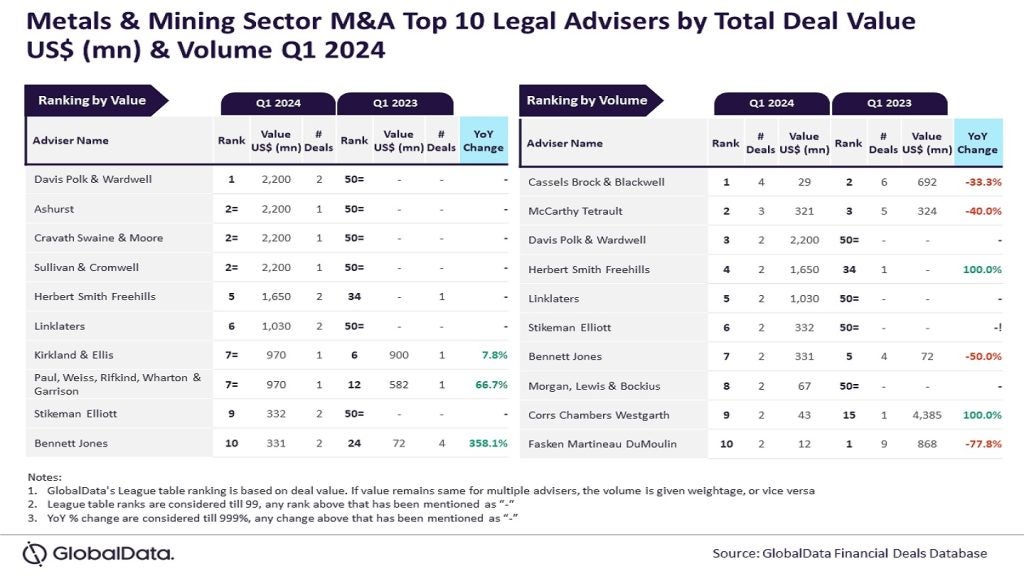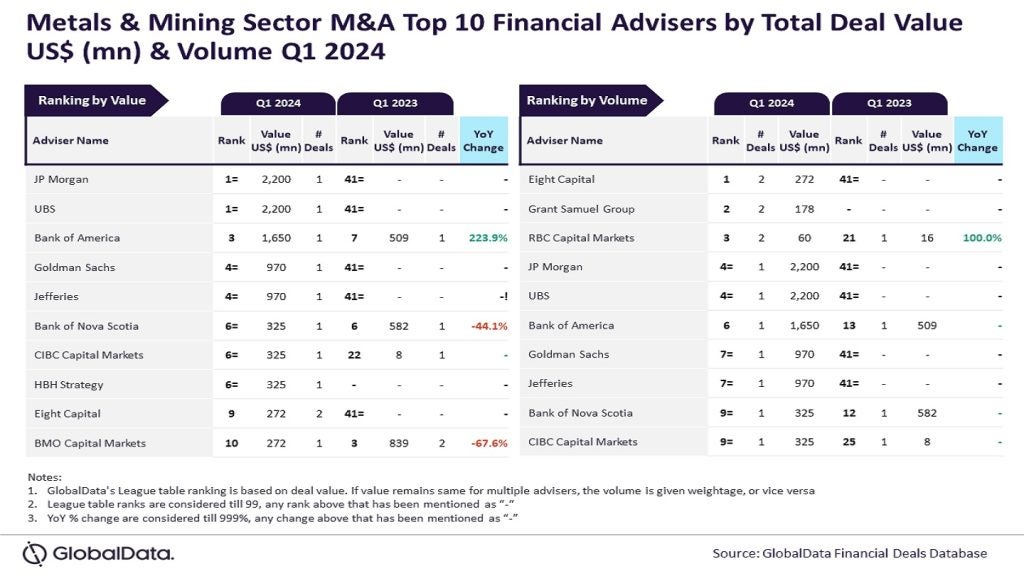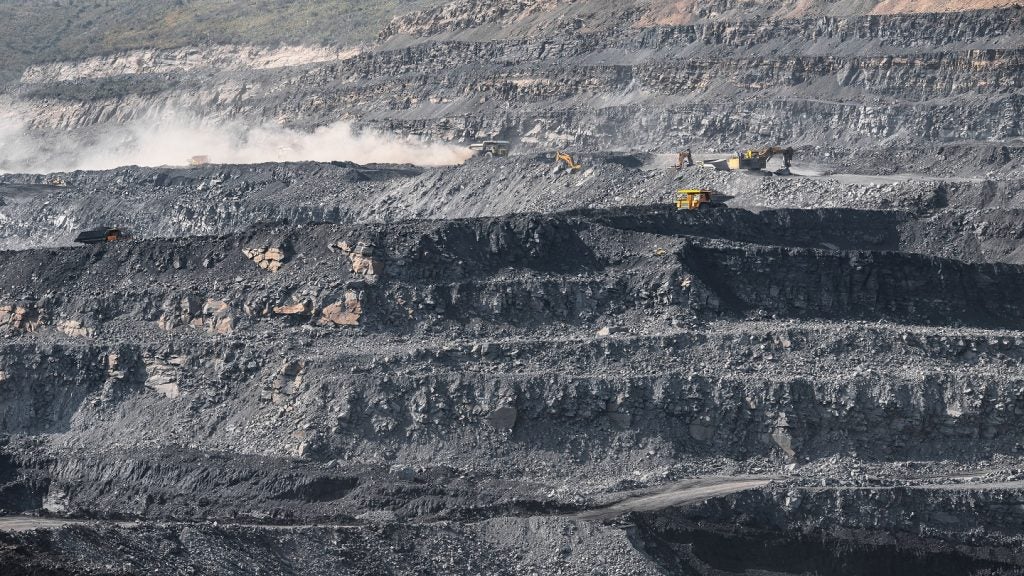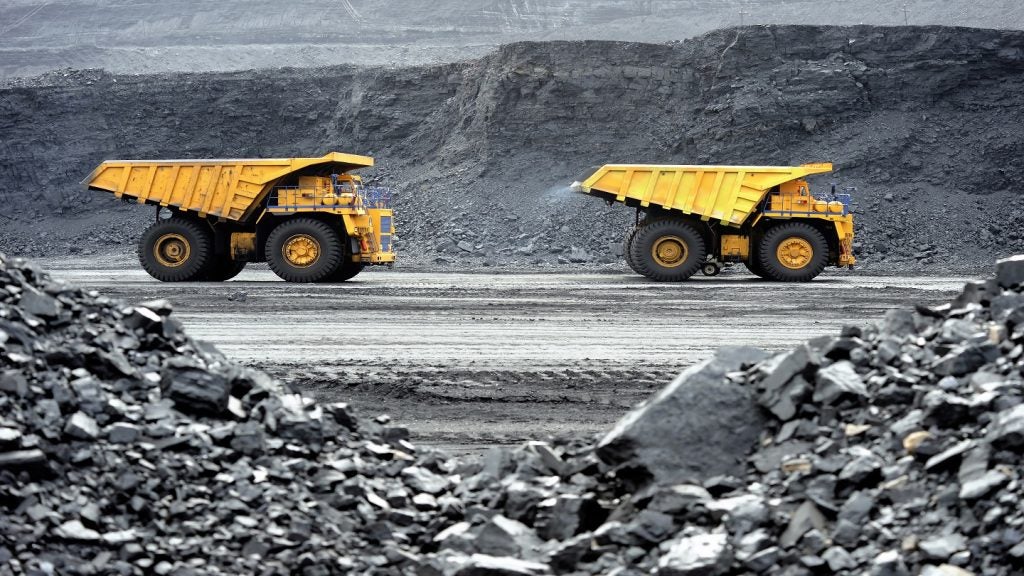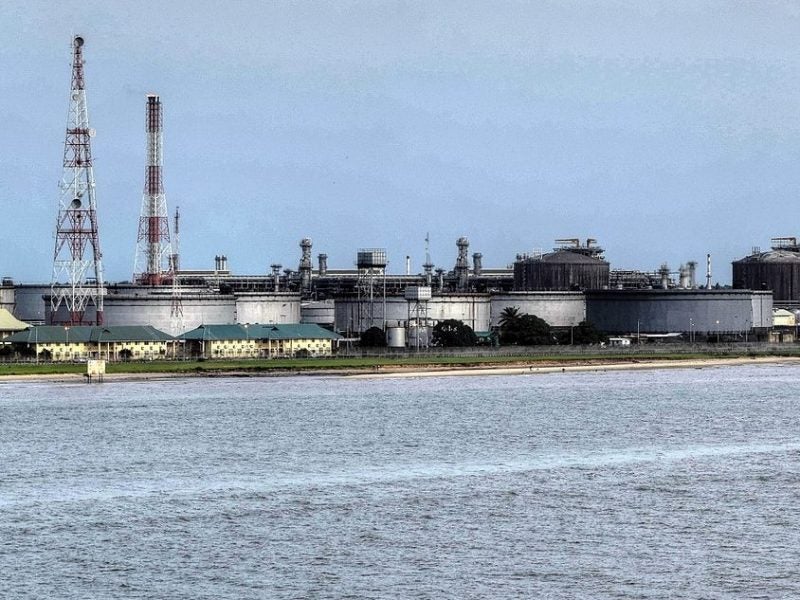
Nigeria is thought to have substantial reserves of coveted minerals such as tin, niobium, lead, zinc and gold. Yet, unlike its prominent oil industry, Nigeria’s mining sector is largely artisanal and lacking in foreign investment.
Therefore, at the Nigeria-Australia Investment Forum held in Melbourne in March, mining was high on the agenda. Following the event, the second held between the two nations, Nigeria’s High Commissioner to Australia, Bello Husseni Kazaure, announced a new collaboration between Nigeria and Australia to develop the former’s fledgling mining sector.
The announcement, says Alexandre Raymakers, senior Africa analyst at global risk analysis company Verisk Maplecroft, is aimed at developing Nigeria’s capacity and technical knowhow in the mining sector.
“It is the latest step towards the Nigerian government’s aim of raising mining’s share of GDP in the country from just 0.3% currently to 3% in the next 5 years,” he says.
Differing nations, similar interests
In many respects, Nigeria is a powerhouse. It recently overtook South Africa to claim the title of the continents’ largest economy and by 2050 it will be more populous than the US. The country covers an area of around 924,000km2 and is thought to have a vast amount of untapped minerals in over 500 locations. It is also well positioned as a hub of Western Africa, with major port cities, like the westerly coastal city Lagos, controlling large portions of trans-Atlantic trade with both North and South America, as well as Western Europe.
Its economy, however, is largely oil dependent, making it susceptible to shocks and oil price crashes, like the one being experienced now. If the government can successfully attract foreign direct investment to formalise it’s mining sector and tap into some of its unexploited reserves, it can, in part, diversify its economy away from the volatility of oil and gas.
How well do you really know your competitors?
Access the most comprehensive Company Profiles on the market, powered by GlobalData. Save hours of research. Gain competitive edge.

Thank you!
Your download email will arrive shortly
Not ready to buy yet? Download a free sample
We are confident about the unique quality of our Company Profiles. However, we want you to make the most beneficial decision for your business, so we offer a free sample that you can download by submitting the below form
By GlobalDataOn the other end, Australia is a mining giant, famed for some of the most technologically advanced mines in the world. The Fraser Institute’s 2019 annual survey of mining companies ranked Western Australia as the most attractive jurisdiction for investment. Nigeria, however, didn’t make it onto the list.
Although concrete plans for the mining sector collaboration between the two nations has not yet been formalised, it is thought to be designed to attract Australian direct investment and expertise sharing in Nigeria.
“Australia has higher technical expertise and investors in mining that are ready to invest in Nigeria. The ministry of mining should ensure enabling laws are in place while the effort of the Nigerian Mission in Australia is arousing the interest of investors,” the Australian High Commissioner to Nigeria, Ambassador Clare Ireland, is reported to have said.
Raymakers adds that, along with significant technical know-how, “a key area of cooperation could be assisting the Nigerians by updating geological data which tends to be outdated.”
Nigeria investment
Australia already sends aid to Western Africa and enjoys trade relations valued at over $100m with the region, including Nigeria.
As well as the potential for Nigeria to benefit from Australian investment dollars and expertise, Australia will be keen to get a foot into one of the world’s key upcoming economic regions, where others, including China, already have a large footprint.
The Australia-Africa Minerals and Energy Group, a trade body representing the interests of Australian companies invested in Africa, says Australia should not miss the ‘African opportunity’, adding: “If Australia is not thinking about Africa, it is not thinking about Australia’s future, let alone Africa’s future.”
One of Australia’s key operators in the region is Resolute, with operations in Mali, Ghana and Senegal. And although Australia, along with the UK, US, Canada, Russia, and China, has invested significantly in developing Africa’s natural resources more generally, it’s had less success in Nigeria.
Previously, Australia-based Macmahon had a 6.5-year contract to perform all limestone mining activities at Lafarge’s Ewekoro cement operations, located in the west of Nigeria. However, the company withdrew from Nigeria in 2016 after the operations underperformed and several of its employees were kidnapped.
Wider challenges
As highlighted by Macmahon’s experience, while Nigeria has many advantages, it also has huge challenges that affect its ability to attract the investment it needs. This is why Raymakers believes the government’s 3% growth target for the mining sector is ‘unrealistic’, even with Australia’s help.
“While Nigeria has considerable mining potential, with untapped gold, iron ore and lithium reserves, attracting foreign investors will remain a significant challenge because Nigeria’s national infrastructure network is currently ill-equipped to sustain major industrial mining operations,” he explains.
“The country also currently lacks the electricity generating capability necessary to support a substantial increase in the country’s mining output.”
Furthermore, the current regulatory framework remains difficult to navigate.
“If the examples of regulatory changes in the petroleum sector serve as the blueprint for any future changes for mining – it will be glacial. The still unfinished reform of the oil and gas regulatory framework has been 10 years in the making,” Raymakers notes.
In the past the country has also been beset with allegations of corruption and is currently at the bottom half of the 2019 Transparency International Index, at 148 out of 180.
Nigerian Governor Bello Masari has said, however, that the state is working on ensuring security and a stable political atmosphere to attract the confidence of investors. He added that with the development of a secured mining sector, the government could deliver on its electoral promises and lift its people out of poverty.
The future of mining in Nigeria
Nigeria’s fledgling mining sector has started to take flight. Current projects include construction of the country’s only large-scale commercial gold mine by Canadian Thor Explorations, which began in March. The facility is expected to start producing gold in 2021 and will process 650,000 tonnes of ore, with a target production of approximately 80,000 ounces per year. Furthermore, in February Nigeria’s government licensed two new gold refineries.
While more details are yet to be released about the Australia-Nigeria collaboration, Commissioner Ireland has assured Australia’s continued support to Nigeria in its effort to diversify the economy.
However, given the ongoing global pandemic causing huge disruption in the market and causing investors and companies to reassess theirCAPEX budgets, new announcements may take a while to come.
Furthermore, the pandemic aside, Raymakers says the government needs to address the mining sector’s wider problems before it has any hope of making significant progress.
“Private sector operators are unlikely to commit to any major projects before the Nigerian government actively corrects the sector’s shortcomings,” he concludes.



